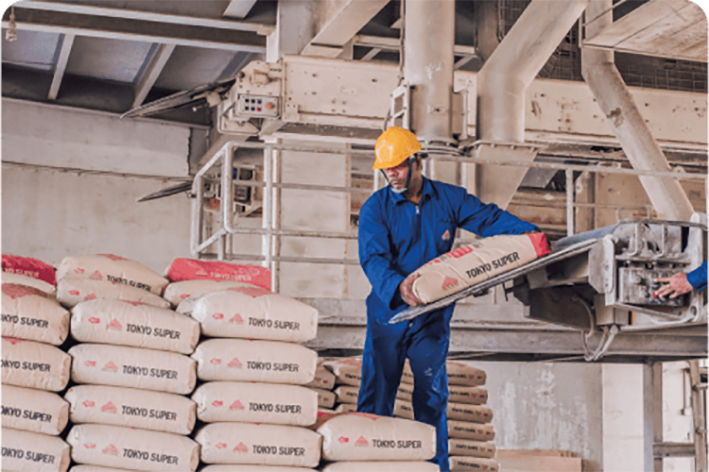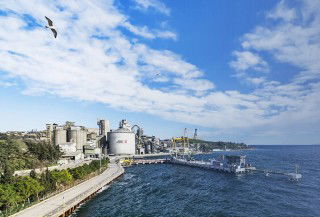Sri Lanka’s cement industry is showing early signs of a resurgence, with domestic demand rising to 4.71Mt in the past year, up from 3.96Mt a year ago, reports Tokyo Cement Group. The share of local production has grown, supporting national goals of industrial self-sufficiency and domestic value creation.
The increase was attributed to the “latent demand and low base effect of the previous year”, the company said in a statement, as the broader construction sector begins to regain momentum after a prolonged slump.
Looking ahead, the company expects demand to improve, underpinned by private sector-led construction activity and government infrastructure projects. It said that the recovery would be supported by active fund disbursements from international development agencies and bilateral partnerships with countries such as India, Japan and China.
However, the entry of a new local grinding operator and multiple cement importers, capitalising on the relaxed import restrictions, have added pressure to an already saturated market, claimed Tokyo Cement.
Outside pressures are adding to trading challenges. “The heightened volatility in the global trade policies and ongoing regional conflicts pose downside risks that add to the uncertainty and may jeopardise some of the hard-fought economic gains the country is working towards,” the company warned.
However, the cement producer said it remains optimistic about the country’s economic fundamentals and is ready to maximise any growth opportunities. It will continue with stringent cost controls and maintain flexibility to adapt to the evolving conditions.

